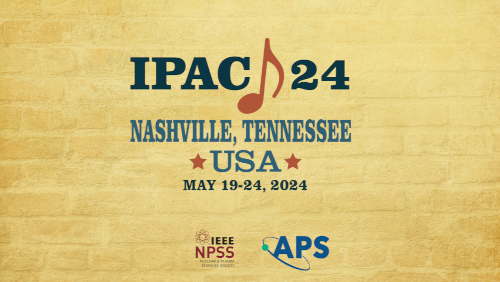Speaker
Description
At the CERN Large Hadron Collider (LHC), bent crystals play a crucial role in efficiently redirecting beam halo particles toward secondary collimators used for absorption. This innovative crystal collimation method leverages millimeter-sized crystals to achieve deflection equivalent to a magnetic field of hundreds of Tesla, significantly enhancing the machine’s cleaning performance particularly when running with heavy ion beams. Nevertheless, ensuring the continuous effectiveness of this process requires the optimal channeling angle with respect to the beam to be constantly maintained. The primary goal of this study is to improve the monitoring of crystal collimation by providing a tool that detects any deviations from the optimal channeling orientation. These deviations can arise from both crystal movement and fluctuations in beam dynamics. The ability to adapt and compensate for these changes is crucial for ensuring stable performance of crystal collimation during LHC operation. To achieve this, a feedforward neural network (FNN) was trained using data collected during the 2023 lead ion physics run at the LHC. The results demonstrate the network’s capability to supervise these crystal devices, accurately classifying when the crystal is optimally aligned with respect to the circulating beam. Furthermore, the model provides valuable insights into how to adjust the crystal’s position to restore optimal channeling conditions when required.
| Region represented | Europe |
|---|---|
| Paper preparation format | LaTeX |
